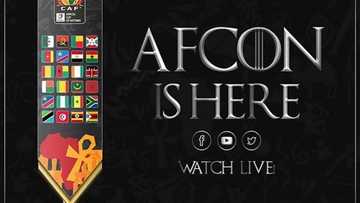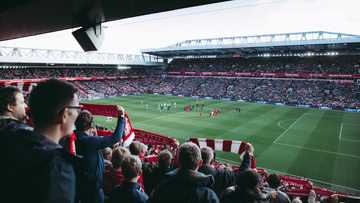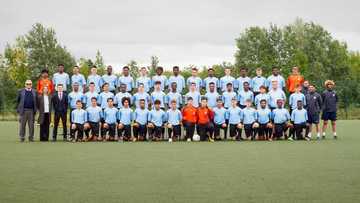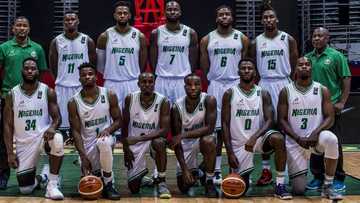History of football in Nigeria
What is the history of football in Nigeria? We all know how popular this type of sports is in our country and all across Africa. Still, it is curious to recollect the most interesting facts about the Nigeria Professional League, the creation of Super Eagles club, and names of the top Nigerian football players of all times.
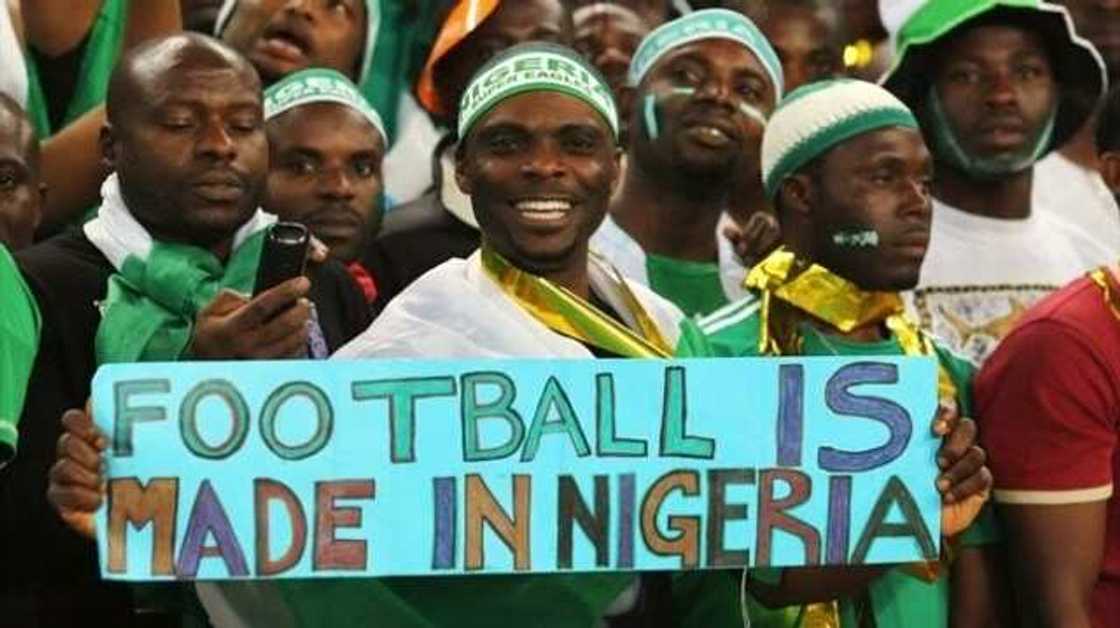
Source: Depositphotos
Photo: nationalaccordnewspaper.com
History of soccer in Nigeria
It is curious to learn how everything began many years ago. What does the history of football tell us about its development in Nigeria? When did locals realize how fun it was to play the game and compete at the national and international levels?
We should say that soccer has been known in Nigeria for nearly a century. The country played unofficially ever since becoming a British colony. Back in the 1930s, our countrymen took part in competitions (they weren’t organized officially) with different colonies.
READ ALSO: Nigerian richest footballers and their net worth
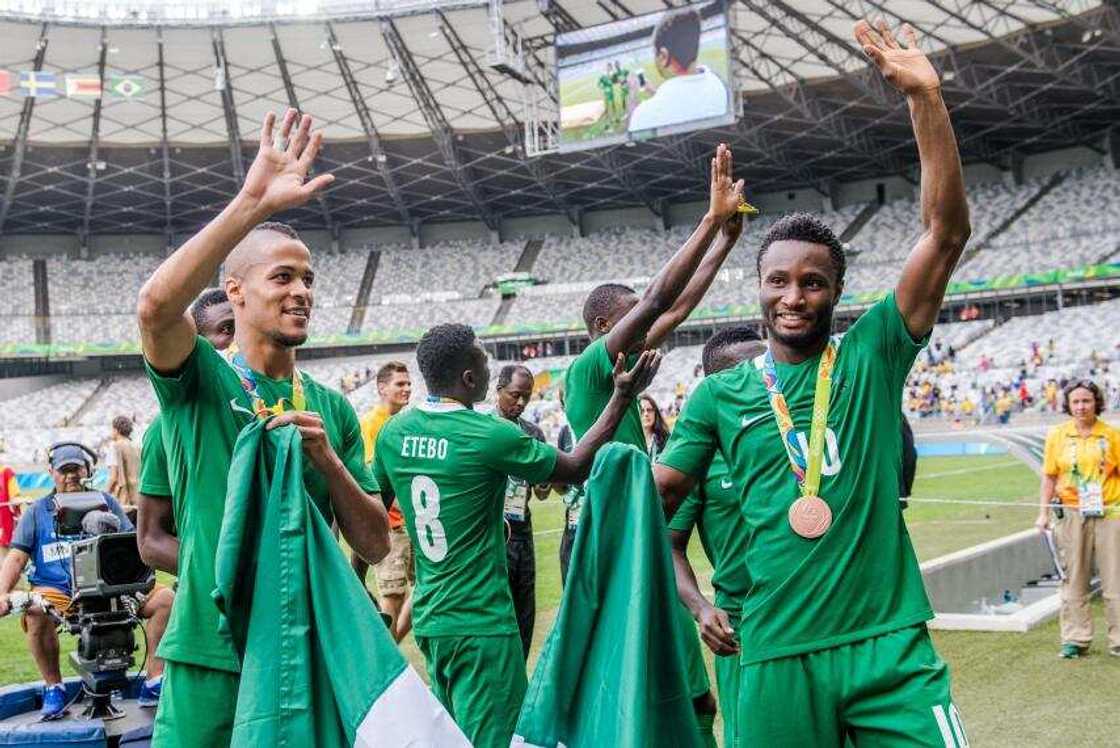
Source: UGC
Nigerian footballers William Ekong and John Obi Mikel; photo: newsweek.com
The first ‘official match’ was held 69 years ago, back in the fall of 1949. That was the year when the national squad played its 1st international game. It was a nice match that brought our first victory as the result was 2-0. The two Nigerian goals reached the gates of the Sierra Leone team.
The Nigerian team began playing both at home and internationally. It competed mainly in England. Most football players were amateur, and the names of the squads our country played with included South Liverpool, Bromley, and others.
In the 1970s, Nigerian football players participated in the second All-Africa games, and it was a big success. Our country got a gold medal. In 1976-1978, the squad took part in the African Cup of Nations, and it was another success as the team got to the third place.
The loss in the Cup of Nations in 1984 and 1988 (our country got to the finals but didn’t win), the first presence in the World Cup in 1994, the victory in the football part of 1996 Olympics (by the way, Nigeria lost in the rematch of this competition in 2008). These were the major events in the history of football in the 1980s and 1990s.
The 2000s continued the development and growth of Nigeria Professional League, brought more victories to the national squad, new qualifications, and trophies.
There were tough moments in the soccer history of Nigeria as well. For example, back in 2010, the national team got a ban from FIFA. It didn’t last forever and was eventually lifted, so the country got into the World Cup in 2014 again. By the way, that was an incredible year for Nigeria because the country placed 1st in the Unity World Cup. That match was awesome, and that victory was outstanding.
Our country was the first from Africa to get qualifications for World Cup 2018, even though Nigeria sadly lost in the very beginning of that tournament.
These days Nigeria has two main soccer teams, men’s and women’s teams, that participate in FIFA Cups and other competitions, earn prestigious awards and promote the ‘football power’ of our country.
Nigeria Professional League
Shortly known as NPFL or Nigerian Professional Football League, this is the top level of the country’s system of soccer leagues that organizes different matches. It also had numerous names in the past, from NNL (Nigeria National League) to Nigerian Premiership and Nigerian Premier League.
The decision to rebrand (and rename) the country's main league body was taken by its leaders several years ago. This is how the name NPFL was created.
The body was incorporated by the Nigeria Football Federation (NFF) 6 years ago. NFF and League Management Company (LMC) do their best to develop soccer in Nigeria, sign agreements with Football Federations of foreign countries and search for financial support for improving football opportunities within the country.
READ ALSO: Top 10 famous Nigerian footballers the country is proud of
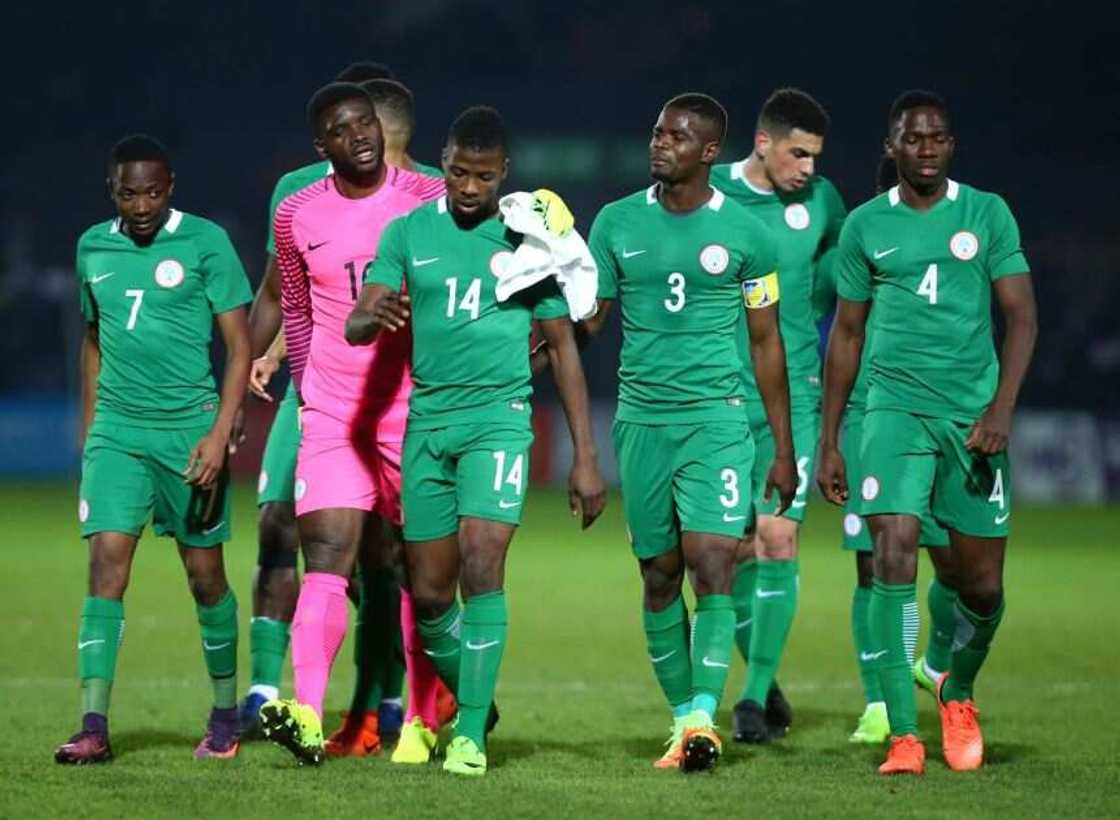
Source: UGC
National squad; photo: guardian.ng
Super Eagles
Since the beginning of the history of soccer in Nigeria, our national team has been wearing the scarlet and white uniform. It was called The Red Devils back then.
That tradition changed when the country became independent. The players began wearing the green and white uniform even though the shade of green changed throughout the years, and the name of the team was soon changed to the Green Eagles. The green colour used to be olive-like in the 1980s and 1990s and has finally turned into office-green-colour (closer to the colours of the Nigerian flag) since the 2000s.
The history of the Super Eagles began when the country’s official football games started, in October 1949, even though the team was called The Red Devils that year and later was changed into The Green Eagles. The latest name The Super Eagles was obtained by the national team back in 1988, after the Africa Cup of Nations.
Today the national football team of Nigeria is still called Super Eagles. The team represents our country in numerous matches across Europe. It is extremely popular among millions of Nigerians and is well known as the finest one in Africa.
The Nigeria Football Association has full control over the national team which is one of the top 10 teams in Africa and is one of the top 50 squads in FIFA ranking. In 2000, FIFA even awarded our country with the prestigious title of the Mover of the Year that is given to the squads that have shown the best progress in football compared to others.
Since changing its nickname, the team played in many different matches. The best Nigerian footballers got quickly noticed by international experts and clubs after the country started to conquer the sports world in FIFA championships. Sometimes it lost, sometimes it won, but many of the local-born players who started their careers as a part of their local and Nigerian national team quickly grew professionally and were invited by popular English and other European clubs to join their teams.
In other words, the interesting soccer history also influenced the development of the Super Eagles and personal careers of the footballers. Many football superstars today play for foreign clubs and also represent the Nigeria national team in top games.
READ ALSO: Highest paid Nigerian footballers 2017
Nigerian football players
There are many famous soccer players who originate from our country. Back in the 1970s, the names of the two top players were Mudashiru Lawal and Emmanuel Okala.
Back in the 1980s, the several most famous footballers were Best Ogedegbe, Muda Lawal, and Segun Odegbami. They were a part of the national team back when our country became the winner of the African Cup of Nations. That was a major event celebrated in Lagos and all across Nigeria in 1980.
Some of the top Nigerian football players of the 1990s were Victor Ikpeba, Rashidi Yekini, and Emmanuel Amunike.
Those who watched the championships in the 2000s would remember Vincent Enyeama, Femi Opabunmi, Efe Sodje, Jay Jay Okocha, and many other names.
Modern fans who closely follow different competitions and matches would know the most famous players who were born in Nigeria and have made our country well-known for its impressive footballers. Some of the names millions of fans adore are John Obi Mikel, Nwankwo Kanu, Joseph Yobo, Ahmed Musa, Victor Moses, Anthony Okpotu, Godwin Obaje, Alex Iwobi, and others.
Among female footballers who are most popular in Nigeria are Maureen Mmadu, Mercy Akide, and Perpetua Nkwocha.
You can see that the history of soccer in Nigeria is rich and interesting. Citizens of our country love football, and many Nigerians are talented players ever since childhood.
READ ALSO: Who is the most popular footballer in Nigeria?
Source: Legit.ng


